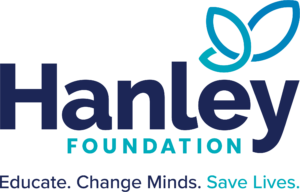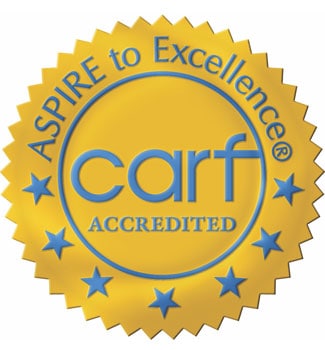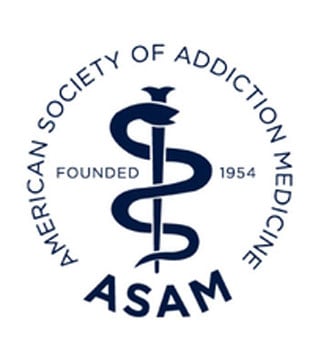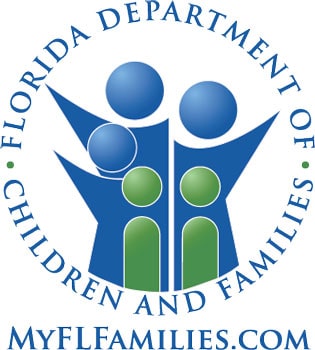GHB Addiction Treatment
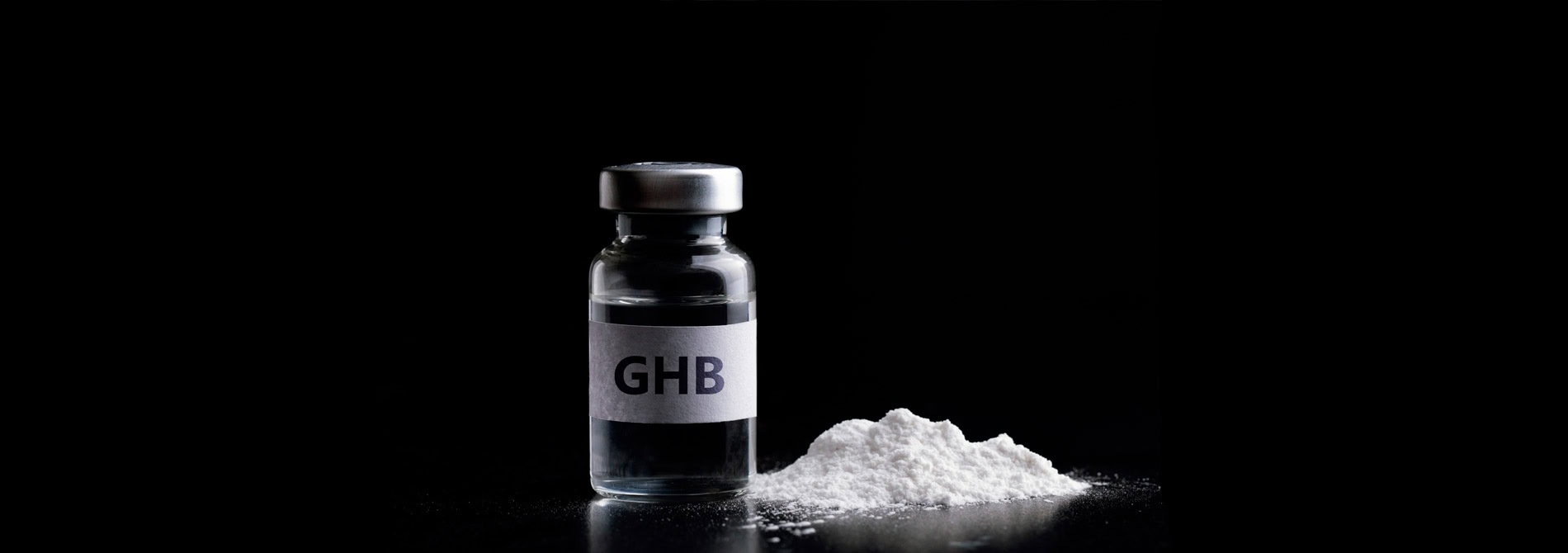
Are you or someone you love dealing with GHB addiction? GHB, also known as a “club drug,” can quickly lead to dependence and dangerous consequences. The Hanley Foundation offers confidential support and effective treatment plans to help you regain control of your life. Don’t wait – take the first step toward a healthier you.
To learn more about GHB addiction treatment, contact us directly or continue reading.
What is GHB?
Gamma Hydroxybutyrate, or GHB, affects the central nervous system (CNS) as a depressant. GHB is commonly referred to as a “party drug” or “date rape” drug. The drug has been known to be used by young adults at bars, parties, clubs, and raves and is often knowingly or unknowingly placed in alcoholic beverages. Adverse side effects may include sweating, nausea, loss of consciousness, hallucinations, amnesia, and coma, among other side effects.
GHB is also a naturally occurring metabolite of the inhibitory neurotransmitter gamma-aminobutyric acid (GABA) found in the brain. The naturally occurring form found in your brain is at a much lower concentration than when the drug is used.
Usually made in small quantities in private homes rather than in illicit drug labs, GHB is a transparent liquid with no odor that tastes salty. As it is transparent and has no odor, GHB has been linked to drink spiking and sexual assault.
Treatment
GHB may also be known as:
- Circles
- Date Rape Drug
- G
- Grievous Bodily Harm
- Juice
- Liquid E or Liquid x
- Mind Eraser
- Scoop
- Trip-and-Fall
- Wolfies
Health hazards due to GHB use:
|
|
GHB Withdrawal
GHB is addictive, and withdrawal can be severe and incapacitating.
Patients experiencing GHB withdrawal require close medical supervision. It’s important to remember that GHB detox is only the first step in overcoming addiction and does not guarantee long-term sobriety. In many cases, individuals fail to remain sober following detox without additional medical care from trained professionals and effective clinical treatment for substance addictions. When a person’s mental, physical, and spiritual well-being are addressed, then recovery is possible.
An individual needs to remain in a comprehensive addiction treatment program long enough to form healthy habits, allow new brain connections to form, and learn techniques to improve one’s quality of life.
What’s Involved in GHB Rehab?
Treatment for GHB addiction typically involves a two-pronged approach:
- Detoxification: This initial phase focuses on safely managing withdrawal symptoms, which can include anxiety, insomnia, tremors, and sweating. Medical supervision is recommended during detox to ensure your safety and comfort.
- Rehabilitation: Following detox, rehabilitation programs address the underlying causes of your addiction and equip you with tools to prevent relapse. Rehabilitation may involve:
- Individual therapy:Therapy sessions help you understand your addiction triggers, develop healthy coping mechanisms, and address any co-occurring mental health issues.
- Group therapy:Connecting with others with similar experiences can provide support, encouragement, and a sense of community.
- Medication-assisted treatment (MAT):In some cases, medications can be used to manage cravings and withdrawal symptoms, reducing the risk of relapse.
- Life skills training:Developing healthy coping mechanisms, relapse prevention strategies, and rebuilding life skills are crucial for long-term recovery.
The Hanley Foundation can tailor a treatment program to your specific needs and help you achieve lasting recovery from GHB addiction.
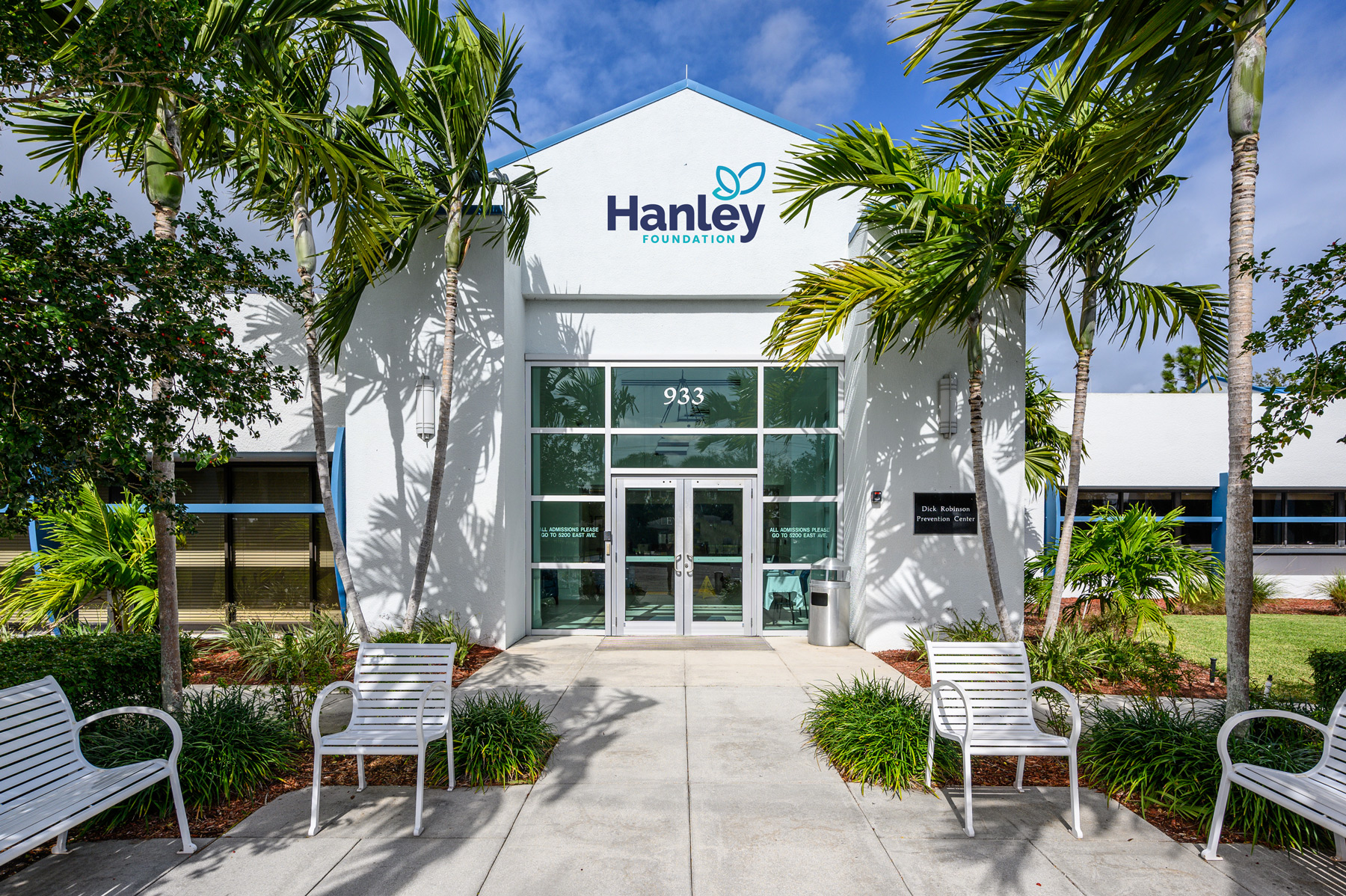
GHB Recovery is Possible, and It Starts With Us
A caring professional from the Hanley Center can speak with you right now. We are prepared to admit you today and begin delivering substance use disorder treatment the moment you arrive.
We provide seamless integration of solutions that support your long-term recovery and the needs of your family members. Break the cycle of alcohol and drug addiction. Hanley Center is ready to help.
Call 561.841.1033 today to get started.
Hanley Center: Most Insurance Accepted
Address: 933 45th Street
West Palm Beach, FL 33407
